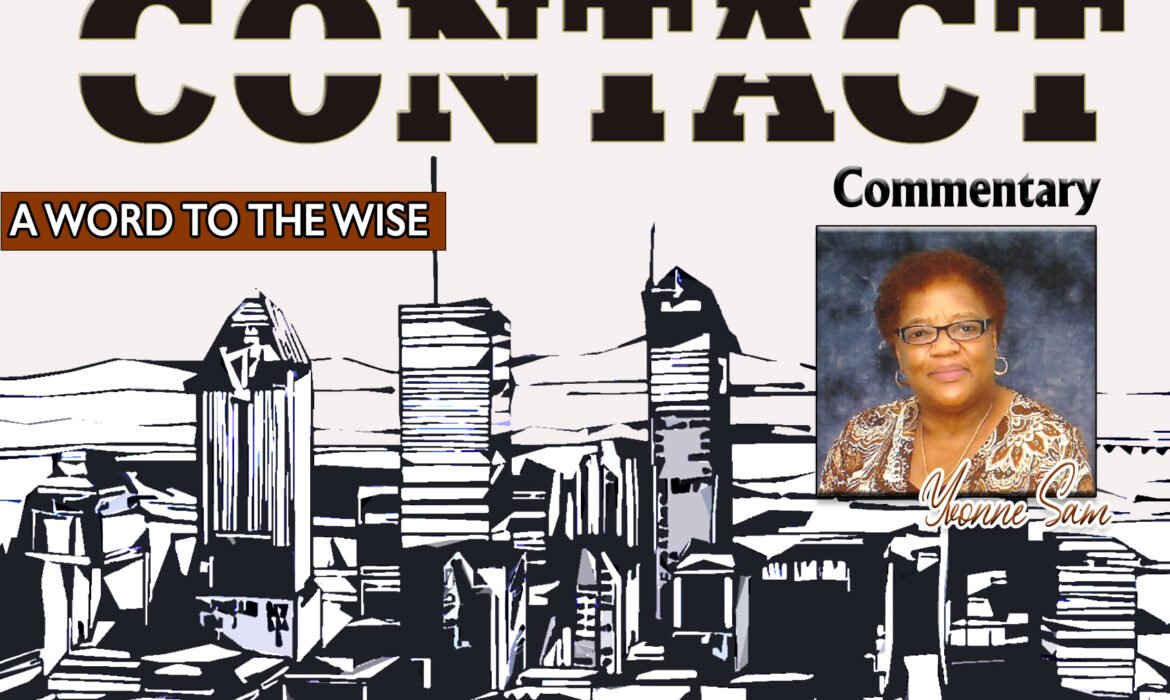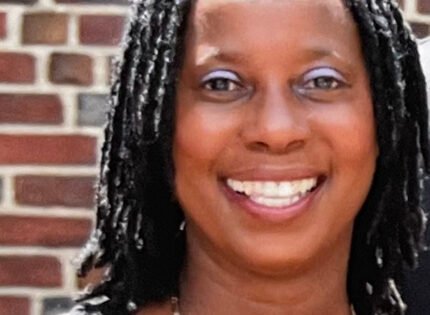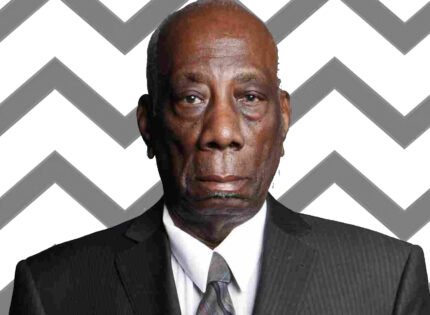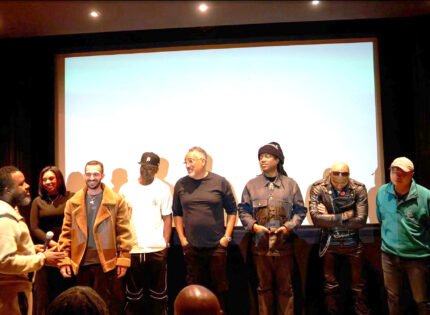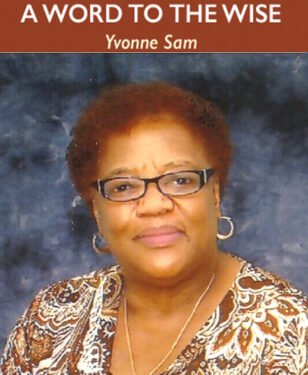 February is the shortest month of the year, and we fill it with 12 months of material.
February is the shortest month of the year, and we fill it with 12 months of material.
Every day, prominent Black personalities, executives and others are booked solid, and community organizations find time and platform for already-told and heard stories and glories.
Opportunities are provided to have hard conversations that may never take place without the inadvertent hyper-awareness that comes with Black History Month.
The month is replete with talk of much-needed change, motivated by good intentions that leave a bubble of hope in its wake. However, on March 1, calendars flip to the next milestone in the queue, and suddenly it feels like everyone was just checking a box.
Forgive me, but I have become somewhat cynical about Black History Month. Are we making the most of every opportunity that Black History Month brings our way, and using that to extend the conversation and reach of the message into further months and into new communities? Do we just relate the past each Black History Month, or do we highlight commitments that have come to fruition?
While Black History Month provides a reason to center Blackness, committing to celebrating Blackness year-round is a practice that leads to a more equitable society. Blackness is not a trend or a temporary cultural acknowledgement. Straight on the plate — it is a cultural identity that exists alongside a context of suffering, slavery, pain, racism, and White supremacy. During Black History Month, we should remember and show gratitude for all that our ancestors and progenies have done to get us to this point, and let it serve as a reminder of the need to continue in the struggle, as there is still more work to be done.
What seeds are being sown each Black History Month? Planted seeds need to be tended on a daily basis. Those seeds represent the future. While the intention of mainstream culture in celebrating Black History Month is to be greatly appreciated, the authenticity and the Black joy can only come from ourselves.
A note of gratitude goes out to the Honourable Jean Augustine, the first Black woman elected to Parliament — the woman who was critical to making February Black History Month in Canada. But in many ways, BHM is tokenizing Black voices — fostering the celebration of those voices in a way that does not translate to opportunities the rest of the year.
For far too long it has been limited to a celebration of slave history rather than a wider reach of Black history. In the mainstream arts, it leans towards clichés, like Motown revues, rather than fostering a richer and wider array of Black performances. After 29 years, I think the time has come for us all to evaluate where we are at, and where we need to go.
I conclude with one critical question regarding Black History Month — is there a need to rethink our deeds toward the already planted seeds? Let us use the month of February as a time to coordinate year-round efforts and follow through on them.
Many Black History Month events tend to target Black audiences — so while urban neighbourhoods and diverse, suburban neighbourhoods and schools are celebrating, neighbourhoods with small or non-existent Black populations ignore the month altogether. One cannot understand the perspective of Black people in this country without learning their history, most of which has been left untold in our classrooms.
On Feb. 1, 2022, Prime Minister Justin Trudeau said, in a statement, that “Black history is Canadian history.” This is a feel-good phrase because it celebrates and identifies the country’s diversity and supposed inclusive mission as a democratic nation. Though well intentioned, it remains somewhat problematic as it insinuates a kind of shared historical legacy between White and Black people, which is not entirely accurate as the history books reveal. What is historically significant to White people may not be historically significant to Black people. A full understanding of Canadian history is the key to a just society. Hence the Black community should let Trudeau’s statement serve as a reminder that Black history education should be a yearly project, and not a novelty taught only during February. If segregated, a Black history course may be perceived as less important than the required history.
Let us begin walking and talking our story year-round, from the boardroom to the courtroom, share with all who would hear, carry the seeds and drop them on fertile ground in the townships and all around. Language should not a barrier be when talking about Black History. WE are at the heart of the Canadian (his) story, and without story there is no authentic Canadian history.
Aleuta continua———– The struggle continues.


